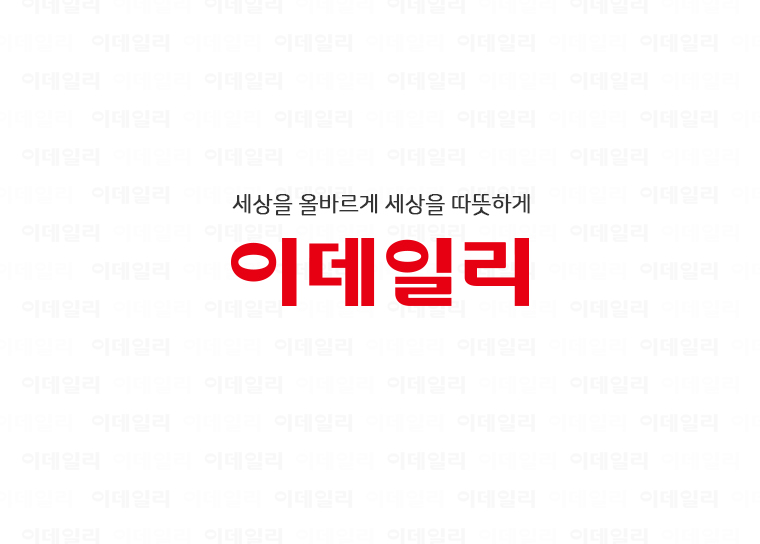A (21 years old), who was studying in the United States, received a hematopoietic stem cell transplant in the United States in April of last year for a rare blood disease called hemophagocytic lymphocytosis (HLH). In the first transplant, the progress was poor, and he received the transplant again in June, but due to the rejection of the transplant, he had to take an immunosuppressant.
Then Mr. A was confirmed positive in the Corona 19 test he received during self-isolation after returning to Korea in January this year. He was confirmed in a situation where he was in need of treatment for chronic diseases, and he was transferred to Gachon University Gil Hospital, a dedicated hospital based in the metropolitan area.
As a result of chest CT scan at the time of hospitalization, pneumonia had already begun, and although aggressive treatment was attempted, the treatment course was not good due to the physical condition of the patient taking immunosuppressants. Corona 19 virus activity did not decrease within a month after hospitalization, and pneumonia continued to worsen.
When we reached the situation of whether or not to use a ventilator, Professor Um Joong-sik, an infectious medicine department, decided to administer an antibody treatment as a last resort. However, Mr. A was not subject to administration of an antibody therapy approved by the Ministry of Food and Drug Safety. Among the conditions for administration of the antibody therapy, several conditions were not met, such as administration within 7 days from the onset of symptoms.
Nevertheless, Professor Eom, who was convinced that the antibody treatment would show results, requested an emergency approval from the Ministry of Food and Drug Safety on February 18. In response to an active hospital’s request to save patients, the Ministry of Food and Drug Safety also grants emergency approval within a day, allowing the patient to administer antibody treatments.
The results were more dramatic than expected. Viruses that did not budge in any treatment began to decrease. At the same time, Mr. A’s pneumonia gradually improved and his fever fell. The breathing also became smoother. On March 5, about two weeks after the antibody treatment was administered, Mr. A was finally released from quarantine and transferred to a general ward. Then, on the 12th, after 60 days of hospitalization, he was safely discharged and returned home.
It was the result of three beats, such as the accurate judgment of the medical staff, the administrative system for rapid approval, and the active approval of the Ministry of Food and Drug Safety. It was the moment when Professor Um Joong-sik, the professor in charge, participated in clinical trials of antibody treatments, and the know-how accumulated academic foundation and treatment experience.
Professor Eom Jung-sik said, “In the case of Corona 19 patients, the virus is rarely excreted for more than 4 weeks. However, in the case of A, the virus did not decrease due to decreased immunity. What I used was a big effect.”
Gachon University Gil Hospital is giving hope for the treatment of confirmed patients with excellent treatment results, such as curing 100-year-old corona 19 confirmed patients, as well as severe corona patients with comorbid diseases such as dementia, diabetes, and high blood pressure. It is fulfilling its role and responsibility as a base hospital for severely ill patients by providing 144 beds, including 23 critically ill patients, in December, and provided treatment beds for confirmed patients from the beginning of the spread of Corona 19 in February last year.
